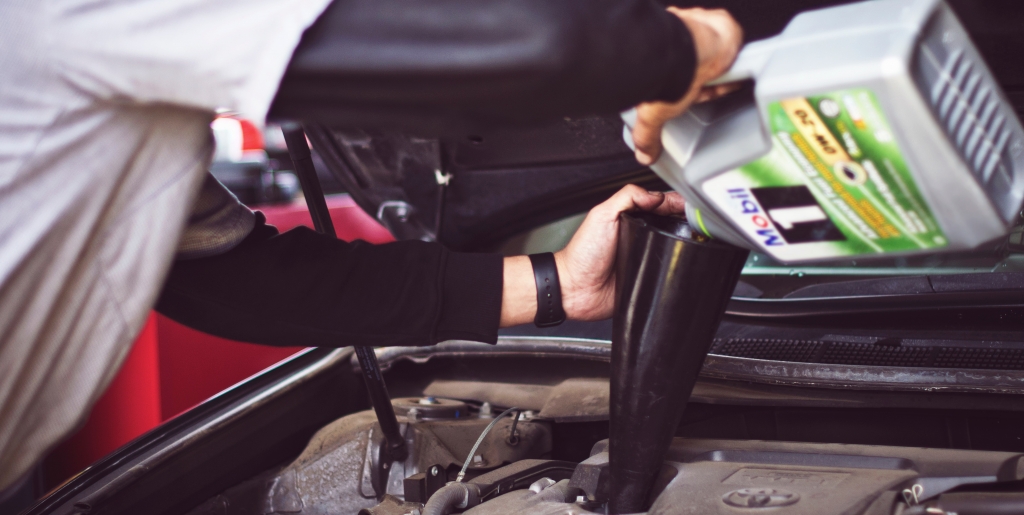Auto Service and Repair
In the late 1800s, Europeans thought they had hit the auto jackpot. A modern automobile had been constructed, and while scaling the sale of such a mechanical dream was not yet in play, the thought was – we’ve now got a car, so we better keep it running. Hence the creation of the now prevalent auto service and repair mechanic. Early European cars were more advanced than their American counterparts, and as such needed qualified folks to tinker on them. Car owners at the time were principally upper-class members of society and recognized the value of having a savvy mechanic on their payroll. It is hard to quantify, but most historians believe that these early mechanics were some of the best paid mechanics in the history of auto service and repair (adjusted for standards of living and inflation of course).
Henry Ford perfected efficient auto-manufacturing, and while his cars were not as advanced as his European counterparts, the standardized parts enabled the manufacturing process to be cheaper and faster. As more and more of these cars hit the market, depreciation naturally set in and a couple years down the line mechanics were needed. Once the Great Depression hit auto sales declined rapidly and during this time car maintenance also suffered big setbacks. However, many cars were already in the marketplace and still needed mechanics to service them. Times were tough so lots of folks began to educate themselves on basic mechanics. This time period was likely the first “do-it-yourself” culture, churning out amateur mechanics who would in turn be masters at their profession shortly thereafter.
Today the broader auto service and repair industry is made up of crack professionals down to do-it-yourself, everyday folks. Granted, when we say “down to” that in no means is intended to insinuate that the non-working professionals are not as knowledgeable as the guys and gals who do this for a living. In fact, there are some amazing, “hobby” auto repair people out there who have exceptional automotive minds and can perform wonders on an engine. Nowadays, the auto repair industry focusing on engines, chassis work and repair tools, transmissions, drive shafts, axels, torque converters, fuel types/systems, electrical circuits and diagnostics. On the body repair side, welding and glass, plastic retexturing, parts alignment, primer, cleaning guns, laser equipment, paint mixing, application and buffing are just a handful of areas folks are specializing in.
Auto service and repair shops are literally everywhere. The first suggestion before settling on someone to service your car is ask around. Referrals are king in this arena, and word-of-mouth from friends and family can go a long way (and save you cash). Next, shop around before an emergency hits. If you are in a rush and the repair can’t wait, that’s understandable. But if you can take your time and acquire a handful of quotes, that’s better.
Third, don’t choose solely on price. Affordable rates will always be out there, but this is your car. Beware before jumping into a mechanic just because he or she cuts the competition by 25%. Are they really that good? And last, play the 20-question game. Make a list of the 20 questions you would love a forthright answer to (licenses, years of experience, specialization, etc) and hit ‘em with them. If they’re shy about answering, then you know something might be up and it’s time to move on to the next. A good mechanic can last a lifetime, but not unless you put the time in.


Comments:
Login to leave a reply